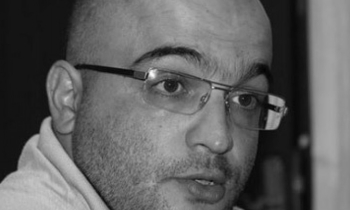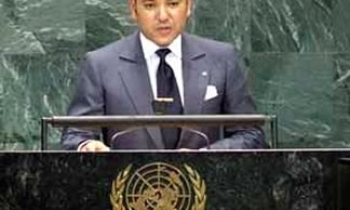The Inter American Press Association (IAPA) wants to take a close look at a recent ruling by the Inter-American Court of Human Rights that allows criminal proceedings against journalists in libel cases, a move it claims "goes against major progress made in recent years in favor of free speech and press freedom."
The Court decision, handed down on May 26, was in favour of (. . .) Argentine journalist Eduardo Kimel who had been given a suspended sentence, upheld by his country's Supreme Court, of one year in prison and payment of damages for authoring a book in November 1989 that criticized a judge's conduct over an investigation into the murder of five members of a religious order.
The unanimous ruling by the Inter-American Court of Human Rights called on the Argentine government to amend the South American country's Penal Code regarding libel and defamation in a decision that overturned Kimel's conviction and ordered that his name be removed from criminal records, declaring that "opinion is not subject to punishment" when it is about how a public official carries out his or her duties.
IAPA President Earl Maucker said on Wednesday, "We will examine this ruling very closely because while it comes out in favor of freedom of expression and we feel it has done justice in the Kimel case by exonerating him, it is also true that it creates confusion by endorsing criminal proceedings to settle disputes when a conflict arises between free speech and the right to one's reputation that result from the publication of news or opinions."
Maucker, senior vice president and editor of the Fort Lauderdale, Florida, newspaper Sun-Sentinel, added that "we are concerned with the fact that criminal punishment continues to exist along with laws that encourage it, for example contempt laws, when it has been proved that the criminal law alternative causes self-censorship and restricts the free flow of information."
Gonzalo Marroquín, chairman of the IAPA's Committee on Freedom of the Press and Information, declared that the ruling "would appear to go against all the recent progress made in the decriminalisation of libel such as last April's criminal law reform at the federal level in Mexico and the previous 2004 reform in El Salvador."
Marroquín, editor of the Guatemala City newspaper Prensa Libre, went on to say that upholding libel as a criminal offence "creates confusion," since the Inter-American system, through Article 10 of the Inter-American Commission on Human Rights' Declaration of Principles on Freedom of Expression states that civil proceedings should be employed to resolve this kind of conflict: "Privacy laws should not inhibit or restrict investigation and dissemination of information of public interest. The protection of a person's reputation should only be guaranteed through civil sanctions . . ."









